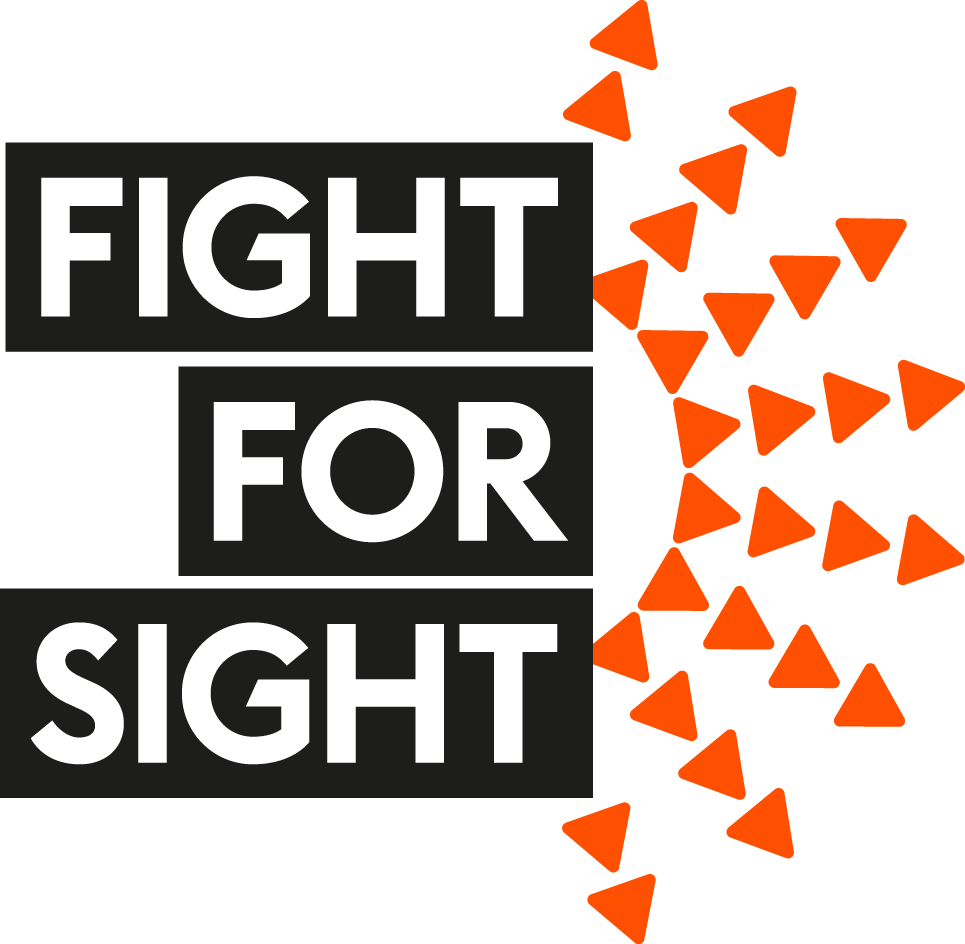Survey shows serious impact of lockdown on people with sight loss

A survey by Fight for Sight has found that people with sight loss fear their sight will further deteriorate during the Covid-19 pandemic, as they struggle to access treatment for their eye conditions.
The survey of 325 people with sight loss found that 73 percent of respondents said their access to treatment has gotten worse during the pandemic, with some reporting cancelled surgeries, as well as cancelled injections for age-related macular degeneration. Four in ten people surveyed say they are concerned that their eyesight has or will further deteriorate as a result.
Two in five respondents with significant sight loss also reported finding it difficult to follow social distancing rules due to their eye condition, while more than half said their access to food and other products has gotten worse during the pandemic, including access to food deliveries. This has been made more difficult by the fact that blind and partially sighted people are not classed as a vulnerable group, and therefore are not given priority delivery slots.
Fight for Sight is calling on the government to come up with an urgent plan to make sure that people do not lose their eyesight due to lack of appointments as a result of social distancing measures, and to update its advice to retailers on social distancing measures to ensure the needs of people with poor vision are not excluded or put at risk. Blind and partially sighted people should also be given priority delivery slots for online shopping if they want it.
The charity is also raising awareness for the need for more investment in eye research, which could transform the lives of over two million people with sight loss through new treatments as well as taking pressure off an already stretched NHS.
Elaine Young, 68, from South Lanarkshire in Scotland has age-related macular degeneration – the most common cause of sight loss in the UK - and gets regular injections to treat the condition. However her most recent appointment has been cancelled as a result of the reduction of out-patient services at her local hospital.
She said: “I’m worried that by not having my injection, my eyesight is getting worse. I’ve noticed that there are more wavy lines in my vision. It’s frustrating because I have no idea when my next appointment will be or even when they’ll start up the clinic again.”
Angharad Paget-Jones, 27, from South Wales is registered blind and is a guide dog user. She said: “I can’t go into stores anymore because my guide dog doesn’t understand social distancing and people in the shops won’t help me. In one shop, a woman yelled at me for being too close to her, even though she was walking the wrong way around the one-way system that was in place.”
Chief Executive of Fight for Sight, Sherine Krause said: “Our survey shows that people with sight loss are particularly affected by the pandemic and resulting lockdown. To address this, the Government must develop a plan that addresses the immediate need of people with eye conditions, so they don’t become blind because of lockdown and social distancing measures. Additionally, we’re calling on the Government to urgently update its advice to retailers on social distancing measures to ensure the needs of people with poor vision are not excluded. In the longer term, we must continue to fund research for new, more efficient treatments and cures for the leading causes of blindness and sight loss, to help ease the pressure on our NHS.”
With so many breakthroughs on the horizon, science has the power to transform millions of lives, but unfortunately research is now at risk due to the Covid-19 pandemic. Fight for Sight has launched an urgent appeal to help researchers cover the costs of delays to projects and returning to the lab and get eye research back on track.


